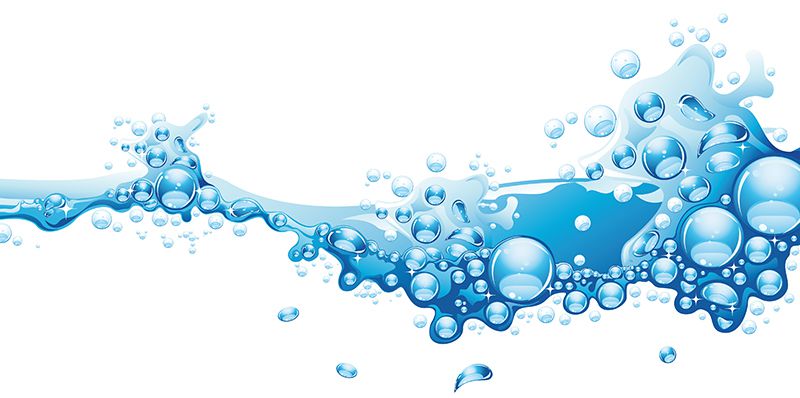
WHY DO WE NEED MOLECULAR HYDROGEN WATER AND NOT JUST ALKALINE REDUCED WATER?
Because we have to neutralize the adverse effects of both RNS (ref. peroxynitrite, ONOO-) as well as ROS (ref. hydroxyl radical, OH-) in our body!
to damage cells, causing nitrosative stress. Therefore, these two species are often
collectively referred to as ROS/RNS. Reactive nitrogen species are also continuously produced in plants as by-products of aerobic metabolism or in response to stress.
ROS and RNS, respectively are products of normal cellular
metabolism and owing to the potential of
these molecules to damage normal tissue, the balance between pro-oxidants and antioxidants is critical for the survival and function of aerobic organisms and can also occur oxidative stress.
Hydrogen peroxide is a Reactive Oxygen Species ROS can be treated with alkaline water. A type of radical that is hungry for electrons. Alkaline water made by molecular hydrogen has antioxidant potential. Due to the molecular hydrogen’s ability to diffuse through the skin and into the bloodstream, hydrogen water has grown and evolved in therapeutic applications. Molecular hydrogen is a stable gas that can react only with oxide radical ions and hydroxyl radicals in water. Molecular hydrogen neutralizes detrimental ROS, especially the hydroxyl radical.
What about RNS?
Research indicated that postconditioning is associated with free radicals generation including nitric oxide (●NO) and superoxide (●O2 –) and that cardioprotection is blunted by antioxidants. Since ● NO and ● O2 – react to form peroxynitrite, it was hypothesized that postconditioning might trigger the formation of peroxynitrite to promote cardioprotection.
Some proteins function as antioxidants by binding ROS and RNS, e.g. acute phase
proteins such as albumin, transferrin, haptoglobin, and ceruloplasmin. Under normal conditions, NO generation elicits vasodilation, which has beneficial, protective effects during I/R, likely by influencing oxygen consumption, platelet aggregation, leukocyte adhesion, and free radical scavenging. Paradoxically, in high concentrations, NO may potentiate ROS-mediated toxicity by promoting the formation of highly reactive species, such as peroxynitrite.
Molecular Hydrogen water can treat both Peroxynitrite (ONOO-) and Hydroxyl Radicals (OH-) by neutralizing the hydroxyl radical and peroxynitrite inside the cells and act as an antioxidant to protect the cells against oxidative stress. Effects of hydrogen in various situations have been attributed to four major molecular mechanisms: a specific scavenging activity to neutralize hydroxyl radical, a scavenging activity to neutralize peroxynitrite, modulation of altered gene expressions, and signal modulating activities.
Hydrogen is an important physiological regulatory factor with antioxidant, anti-inflammatory, anti-apoptotic and signal modulatory protective effects on cells and organs. Application of molecular hydrogen in situations with excessive production of free radicals and, in particular, hydroxyl radicals is relatively simple and effective, therefore, it deserves special attention.